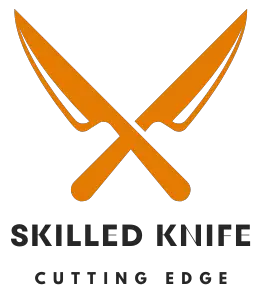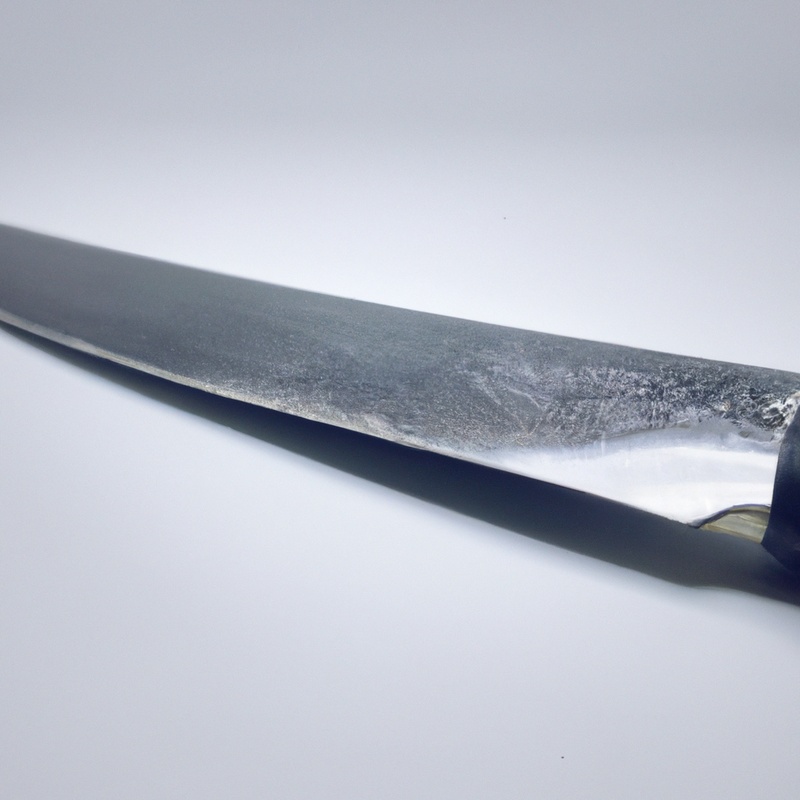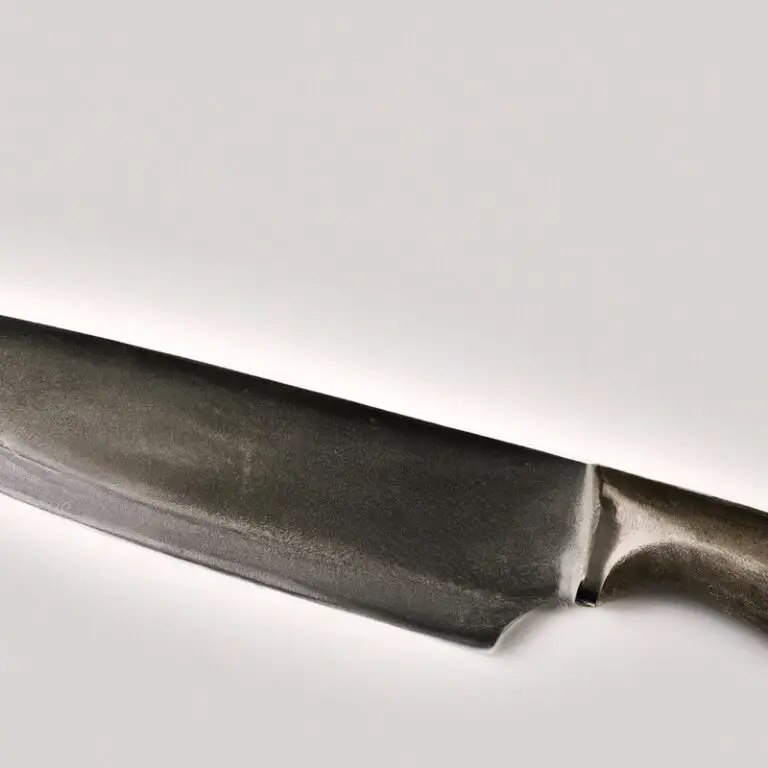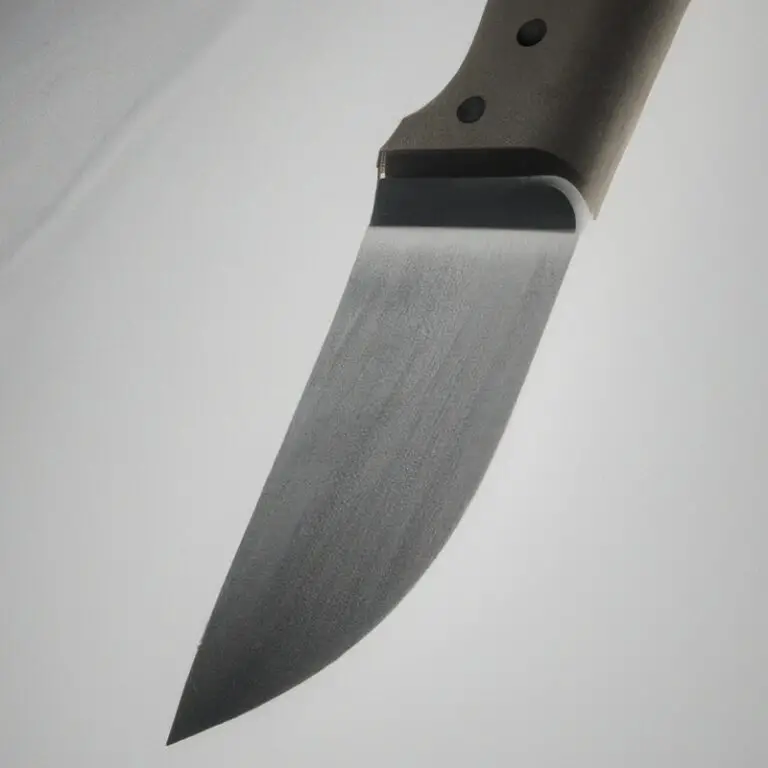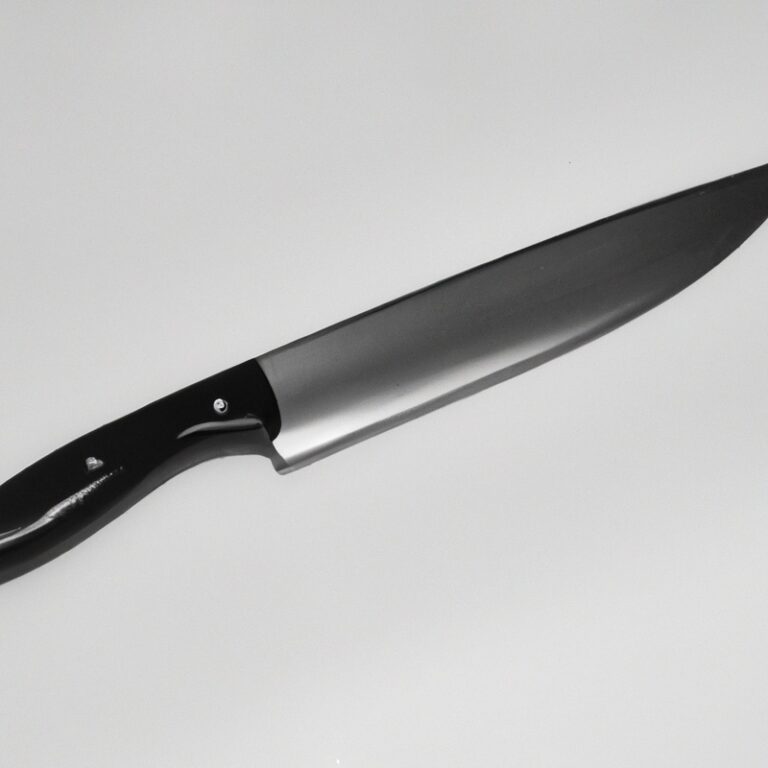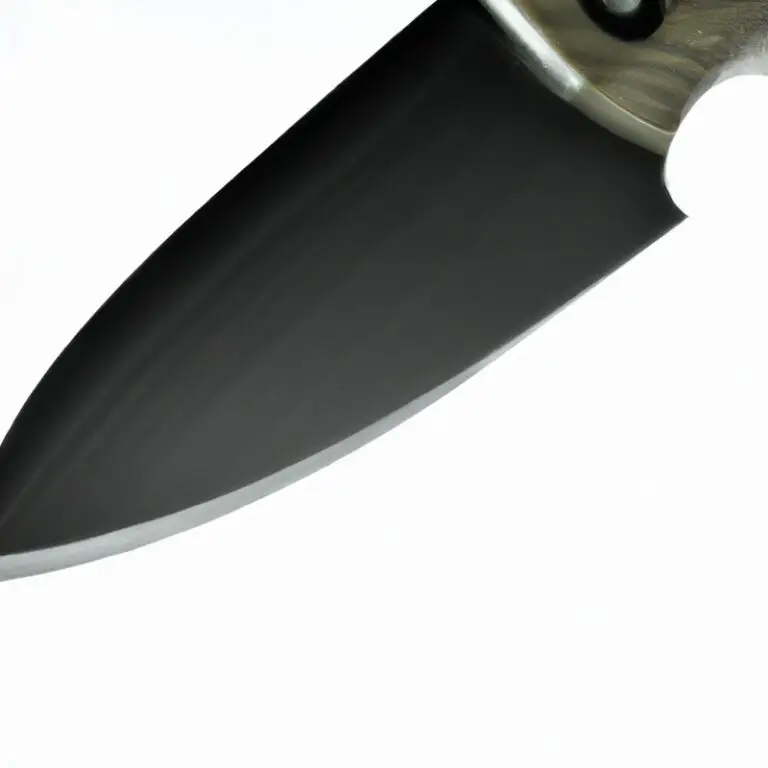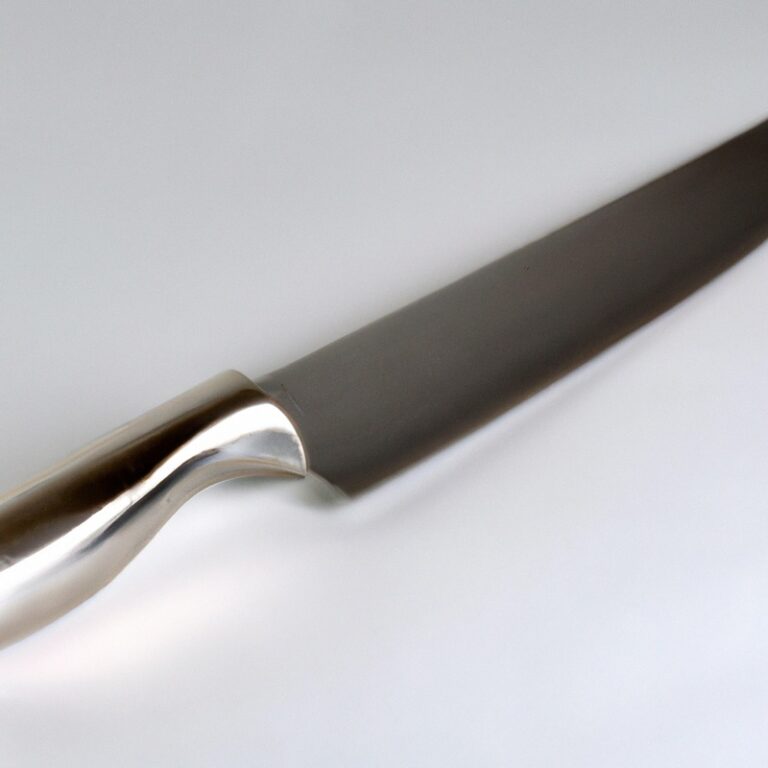What Are The Characteristics Of Ceramic Knives?
Key Takeaways:
- Ceramic knives are known for their exceptional hardness, making them highly durable.
- Compared to traditional steel knives, ceramic knives have superior resistance to staining and rusting.
- The lightweight and sharp nature of ceramic knives make them excellent for precise cutting and slicing.
- Ceramic knives require minimal maintenance and do not transfer any metallic taste to food.
Are you tired of struggling with dull knives that make your kitchen prep a chore?
If so, you’re in for a treat! Ceramic knives, with their exceptional sharpness and precision cutting abilities, are taking the culinary world by storm.
These knives are not only renowned for their durability and strength, but also for their lightweight nature and easy handling.
Plus, their non-reactive and hygienic properties make them a top choice for health-conscious individuals.
With minimal maintenance requirements and an impressive lifespan, ceramic knives are definitely worth considering for your kitchen arsenal.
However, to ensure maximum longevity, it’s important to know some proper care and usage tips.
Let’s dive deeper into the fascinating characteristics of ceramic knives and discover why they’re a cut above the rest!
| Characteristics | Description |
| Sharpness | Ceramic knives are known for their superior sharpness. They have a razor-like edge that stays sharp for a long time. |
| Durability | Ceramic knives are highly durable and resistant to wear and tear. They do not rust or corrode easily. |
| Lightweight | Ceramic knives are lightweight, making them easy to handle and maneuver while cutting or chopping. |
| Non-reactive | Ceramic knives do not react with acidic or alkaline ingredients, ensuring that the taste and appearance of the food remains unaffected. |
| Easy to clean | Ceramic knives are non-porous, which makes them easy to clean. They do not absorb odors or flavors from the food. |
| Absence of metal taste | Unlike metal knives, ceramic knives do not leave a metallic taste on the food. |
| Chemically inert | Ceramic knives are chemically inert, meaning they do not interact with food and do not affect its nutritional value. |
Sharpness and Precision of Ceramic Knives
The exceptional sharpness of ceramic knives
Ceramic knives are known for their exceptional sharpness.
The blades of ceramic knives are made from a material called zirconia, which is extremely hard and can maintain its sharp edge for a long time.
This sharpness allows ceramic knives to effortlessly slice through food with precision and ease.
Whether you’re slicing vegetables or cutting through boneless meats, a ceramic knife will make the task quick and efficient.
Just be cautious, as the extreme sharpness of ceramic knives also means that they require careful handling to prevent accidental cuts.
The precision cutting ability of ceramic knives
The precision cutting ability of ceramic knives is commendable. These knives have incredibly sharp blades that allow for accurate and clean cuts.
Due to their hardness, they maintain their sharpness for a long time, ensuring consistent precision in slicing and dicing.
The smooth surface and lightweight nature of ceramic knives also contribute to their precise cutting ability, as they can be maneuvered with ease. Whether you’re slicing vegetables, fruits, or even boneless meat, ceramic knives can provide you with the precision you need in the kitchen.
Durability and Strength of Ceramic Knives
The high durability of ceramic knives
Ceramic knives are known for their high durability. They are made from a tough ceramic material, such as zirconia, that is resistant to wear and tear.
This means that ceramic knives can withstand regular use without losing their sharpness or strength.
Additionally, ceramic knives are less prone to chipping or breaking compared to other knife materials, such as stainless steel. So, you can rely on ceramic knives to last for a long time and perform consistently well in the kitchen.
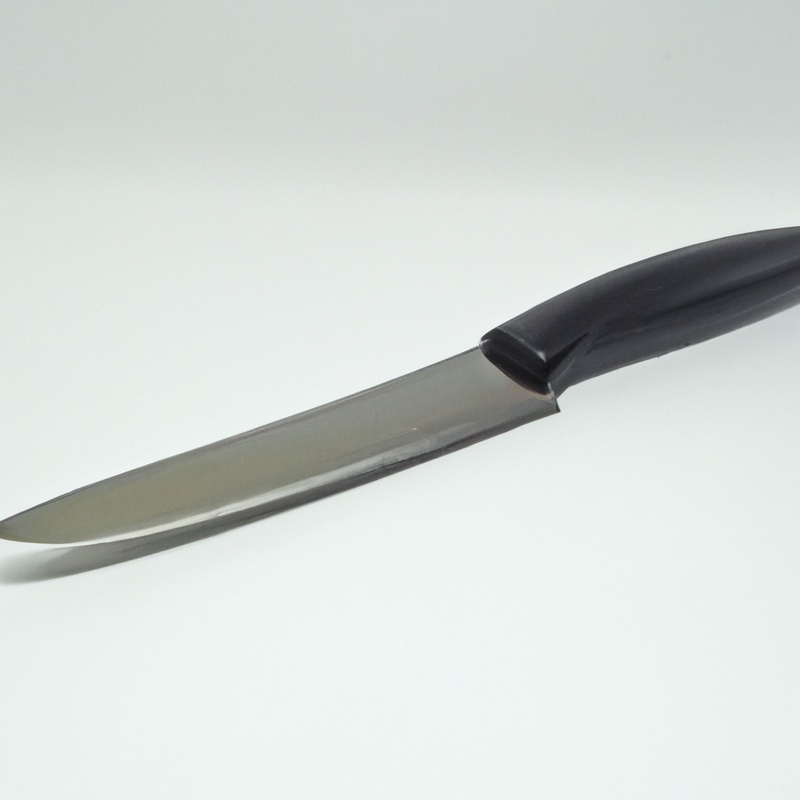
The strength of ceramic knives compared to other materials
Ceramic knives are known for their impressive strength, often surpassing that of traditional steel knives.
The inherent hardness of ceramic materials allows these knives to retain their sharpness for longer periods, reducing the need for frequent sharpening.
Additionally, ceramic knives are highly resistant to corrosion, rust, and stains, making them ideal for use in the kitchen.
While they are strong, it’s important to note that ceramic knives are more prone to chipping or breaking if mishandled.
However, with proper care and usage, ceramic knives can provide exceptional strength and durability for everyday cutting tasks.
Lightweight and Easy Handling of Ceramic Knives
The lightweight nature of ceramic knives
Ceramic knives are known for their exceptional lightweight nature.
Unlike traditional steel knives, ceramic knives are much lighter, making them easier and more comfortable to handle.
This lightweight feature allows for greater precision and control while cutting, minimizing fatigue during prolonged use.
Whether you’re a professional chef or a home cook, the lightweight nature of ceramic knives adds to the overall convenience and ease of use in the kitchen.
The comfortable and easy handling of ceramic knives
One of the great things about ceramic knives is how comfortable and easy they are to handle. Their lightweight nature makes them effortless to maneuver, reducing strain on your wrist and providing better control while cutting.
The ergonomic design of ceramic knife handles also adds to their ease of use, fitting comfortably in your hand for a secure grip.
Whether you’re slicing through fruits, vegetables, or boneless meats, you’ll appreciate the comfortable and easy handling of ceramic knives.
Non-reactive and Hygienic Properties of Ceramic Knives
Ceramic knives do not react with food
Ceramic knives are a great choice for food preparation because they do not react with food.
Unlike other materials, such as steel, ceramic is non-porous and does not leave a metallic taste or odor on the food.
This is especially beneficial when cutting fruits, vegetables, or delicate ingredients that can easily absorb flavors.
With ceramic knives, you can enjoy the pure taste of your ingredients without any unwanted reactions or contamination.
The hygienic properties of ceramic knives
Ceramic knives have excellent hygienic properties that make them a great choice for food preparation.
- Non-porous Surface: Ceramic blades have a smooth, non-porous surface that doesn’t trap food particles or bacteria. This makes them easier to clean and helps reduce the risk of cross-contamination.
- Resistance to Stains and Odors: Unlike metal knives, ceramic blades are resistant to stains and odors. They won’t absorb or transfer flavors, ensuring that your food tastes as it should without any lingering odors.
- Easy to Clean: Ceramic knives can be easily cleaned with just soap and water. The smooth surface allows for quick and thorough cleaning, reducing the risk of bacterial buildup.
- Low Maintenance: Ceramic knives don’t require frequent sharpening like their metal counterparts. This means less handling and maintenance, minimizing the risk of accidents or contamination.
Minimal Maintenance and Longevity of Ceramic Knives
Easy cleaning and maintenance of ceramic knives
When it comes to cleaning and maintaining ceramic knives, it’s actually quite simple.
Here are a few tips to keep your ceramic knives in great condition:
- Hand wash only: Ceramic knives are not dishwasher safe. Simply rinse them under warm water and use a mild dish soap to clean them. Avoid using abrasive sponges or cleaners that could scratch the blade.
- Dry thoroughly: After washing, make sure to dry the knives completely before storing them. Moisture can lead to rust or other damage, so a thorough drying is important.
- Use a cutting board: To prevent unnecessary wear and tear on the blade, always use a cutting board made of wood, plastic, or bamboo. Avoid cutting on hard surfaces like plates or countertops.
- Store properly: Ceramic knives should be stored in a knife block, knife sheath, or magnetic strip. This will protect the blade and ensure safety when reaching for them.
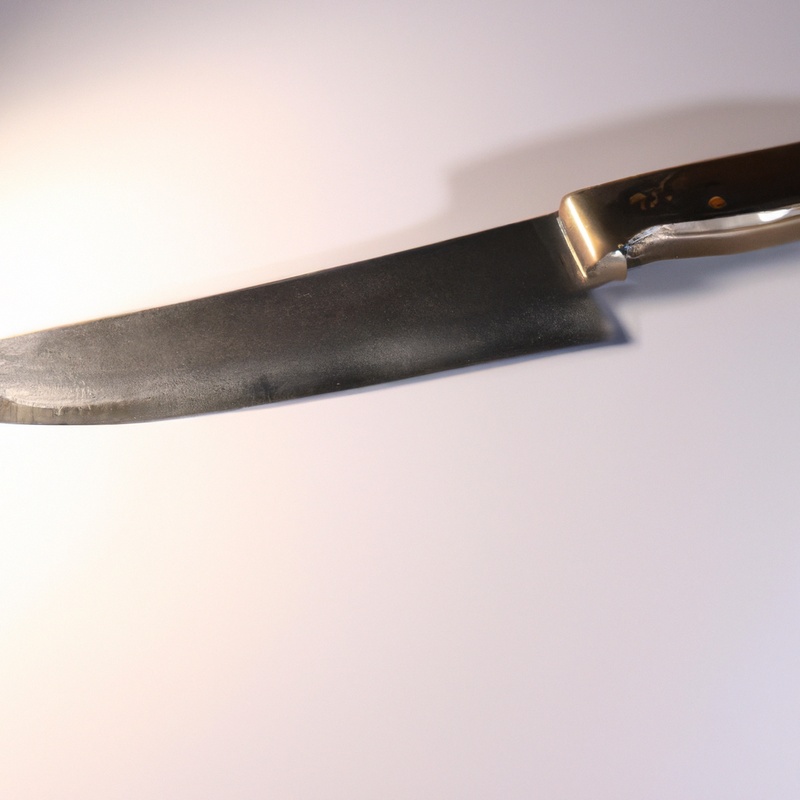
The longevity and lifespan of ceramic knives
Ceramic knives have a long lifespan and can last for many years if properly cared for.
Unlike other types of knives, ceramic knives don’t rust, corrode, or become tarnished over time.
They are resistant to wear and tear and maintain their sharpness for a long period.
To ensure the longevity of ceramic knives, it’s important to avoid using them on hard surfaces or cutting bones, as this can cause them to chip or break.
Regularly honing the blade and storing it properly will also help to prolong its lifespan.
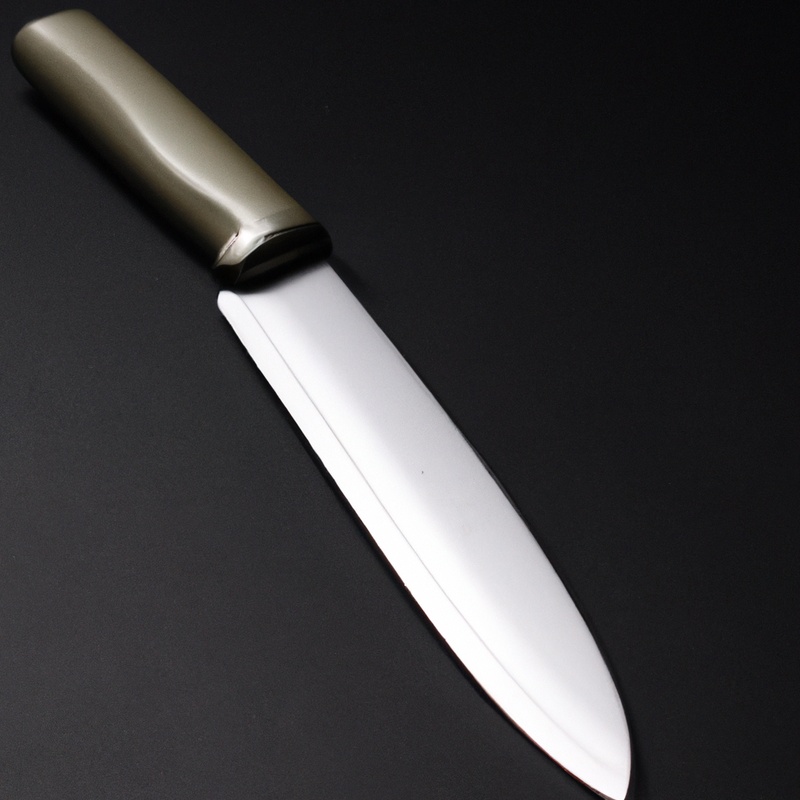
Other Considerations for Ceramic Knives
Potential drawbacks of using ceramic knives
Ceramic knives have many advantages, but there are also a few potential drawbacks to consider. One drawback is that ceramic blades are more brittle than traditional metal blades, which means they can chip or break if not handled carefully.
In addition, ceramic knives should not be used to cut through bones or frozen foods, as this can also cause damage.
Another consideration is that ceramic knives cannot be sharpened at home and require professional sharpening. Keep these factors in mind when deciding if a ceramic knife is right for you.
Proper care and usage tips for ceramic knives
Proper care and usage of ceramic knives are important for maintaining their performance and longevity. Here are some tips to keep in mind:
- Handle with care: Ceramic knives are delicate, so avoid dropping or banging them against hard surfaces.
- Use on suitable cutting surfaces: Ceramic knives are best used on wooden or plastic cutting boards. Avoid cutting on hard surfaces like stone or glass.
- Avoid twisting or prying: Ceramic knives are designed for slicing and chopping, not for twisting or prying. Use a different tool for those tasks.
- Hand wash only: Clean ceramic knives by hand using mild dish soap and warm water. Avoid abrasive sponges or cleaners that can scratch the blade.
- Dry thoroughly: After washing, dry the knife immediately with a towel to prevent water spots and potential rusting.
- Store properly: To protect the blade, store ceramic knives in a knife block or sheath. Avoid storing them loosely in a drawer where they can bump against other objects.
Final Verdict
Ceramic knives offer a range of exceptional characteristics that make them a top choice for many culinary enthusiasts.
Their sharpness and precision are unrivaled, allowing for effortless slicing and dicing.
Additionally, their durability and strength make them highly reliable tools in the kitchen.
The lightweight nature of ceramic knives ensures easy handling and comfortable use.
Furthermore, their non-reactive and hygienic properties ensure that your food remains pure and untouched.
With minimal maintenance and a long lifespan, ceramic knives are a worthwhile investment.
While they may have some potential drawbacks, proper care and usage can mitigate these issues.
Overall, ceramic knives are a fantastic addition to any kitchen, providing the perfect combination of functionality and style.
